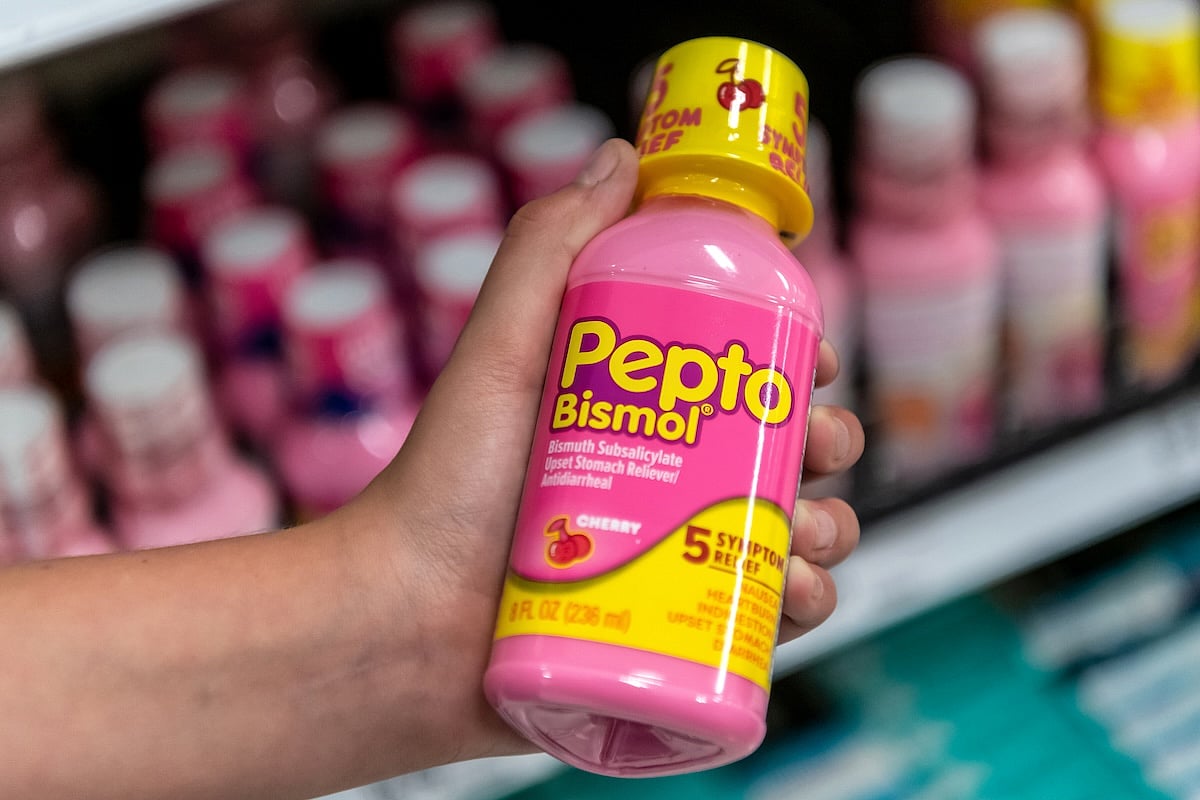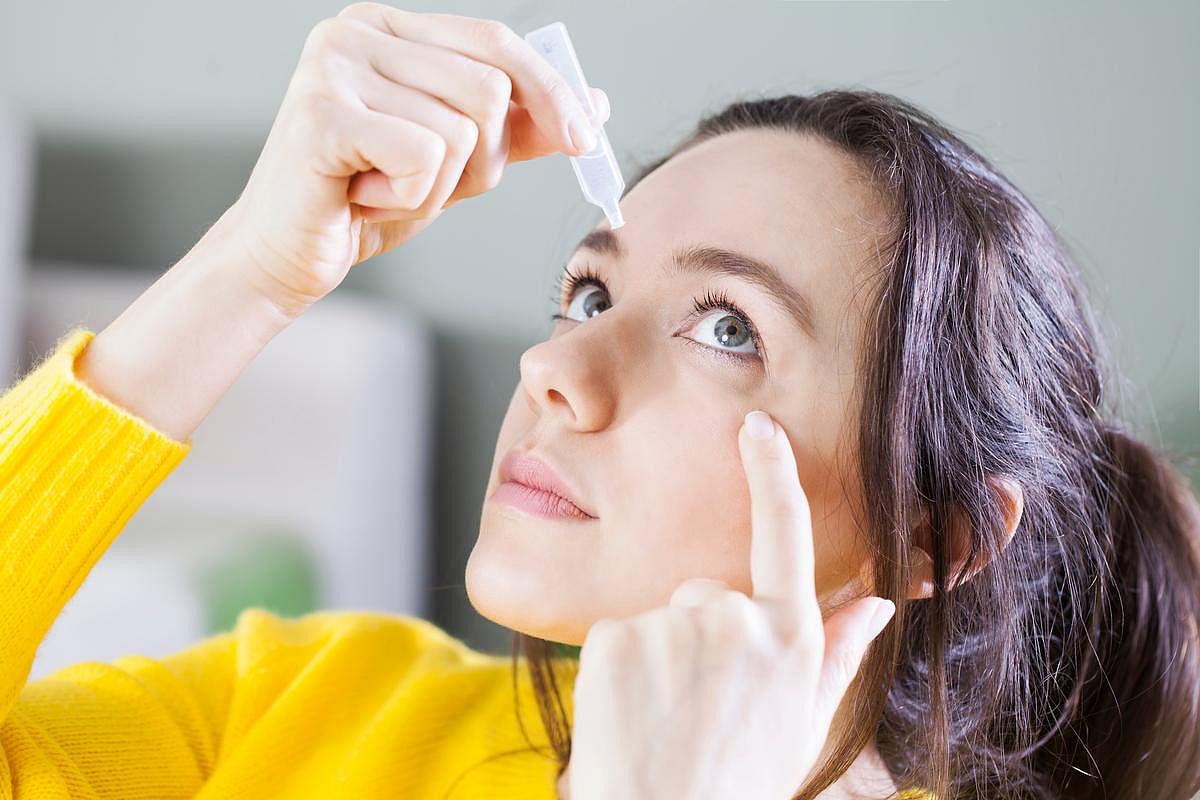
A federal judge has ruled that transgender inmates in U.S. prisons must continue getting medical care, including hormone therapy and gender-affirming accommodations. The decision blocks parts of an executive order signed by President Donald Trump, which had restricted care for people with gender dysphoria, the distress felt when a person’s gender identity doesn’t match their… read on > read on >






























